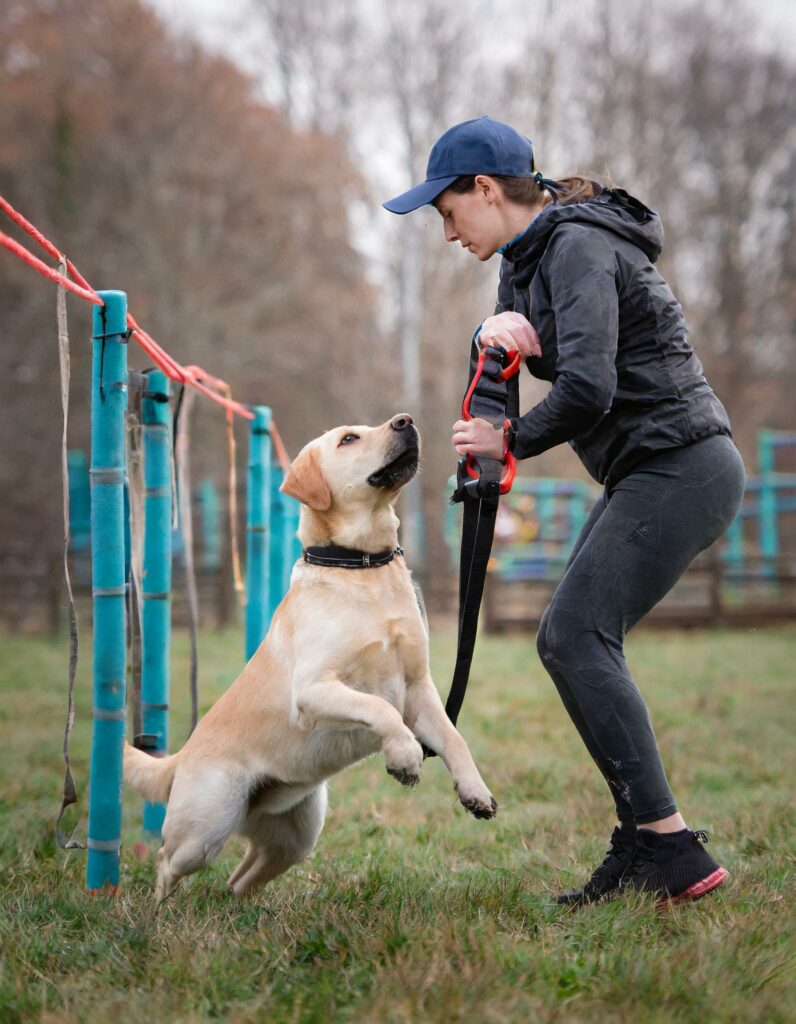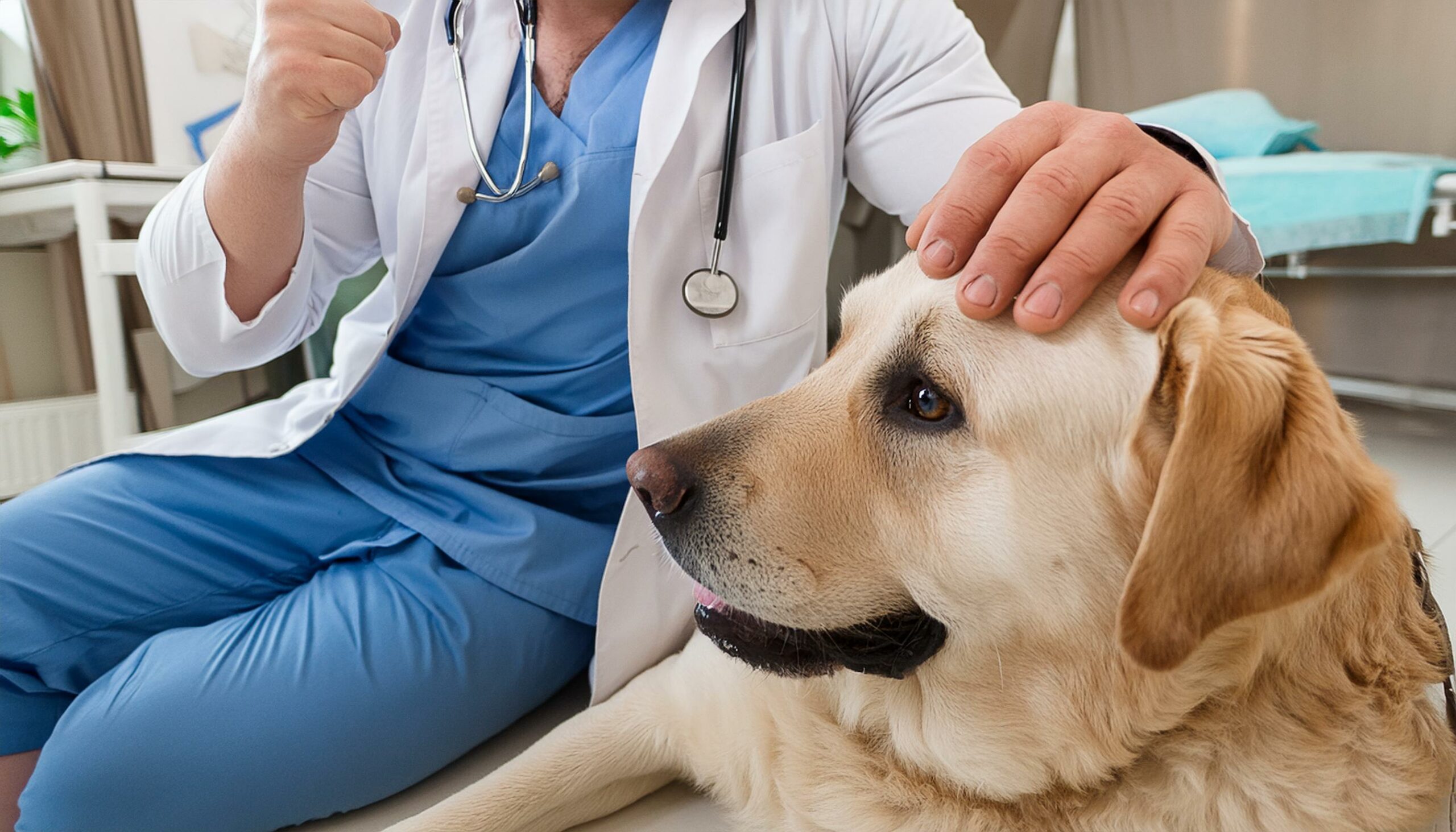Labrador Retrievers, affectionately known as Labs, are among the most cherished dog breeds globally, thanks to their affable nature, intelligence, and energetic disposition. Ensuring the happiness of a Lab is critical not just for their physical health but also for their emotional and mental well-being. This guide will explore the essential aspects of what it takes to keep a Lab thriving, covering everything from their diet and exercise needs to mental stimulation and socialization.
What Makes Labs Unique?
Labrador Retrievers stand out due to their friendly demeanor, high intelligence, and incredible adaptability. They are often considered the ideal family pet because of their patience and gentle nature with children and other pets. However, their vivacious and inquisitive nature means they require a significant amount of physical exercise and mental stimulation to remain content and well-adjusted.
Essential Needs of Labs
To truly cater to the needs of a Lab, understanding their fundamental requirements is paramount. These include a nutritious diet, ample exercise, adequate mental stimulation, regular socialization, and proper health care.
Diet & Nutrition
A balanced diet is the cornerstone of a healthy life for Labs, who are known for their robust appetites. It’s essential to balance their food intake to avoid health issues such as obesity, which can lead to more severe health problems.
Best Foods for Labs
Selecting high-quality dog food that adheres to the nutritional levels recommended by the Association of American Feed Control Officials (AAFCO) is crucial. Foods rich in proteins like chicken, beef, and fish support muscle health and maintain energy levels. Owners who prefer preparing homemade meals should ensure these are well-balanced to meet all of a dog’s nutritional needs.
Foods to Avoid

Labs have a tendency to eat just about anything, but certain foods should be avoided because they can be harmful. Chocolate, grapes, raisins, onions, garlic, and products containing xylitol should never be given to Labs as they can be toxic.
Exercise Requirements
Labs need regular physical activity to manage their energy levels and maintain their health. A lack of sufficient exercise can lead to destructive behaviors as a result of pent-up energy.
Types of Exercise
Labs benefit greatly from a variety of physical activities. Daily walks, runs, and free play in a safe, enclosed area are essential. Labs also enjoy swimming, which is an excellent form of exercise that minimizes stress on their joints.
Training Tips
Training is crucial for Labs, not only to foster obedience but also to provide mental stimulation. Effective training uses positive reinforcement methods such as treats and verbal praises to encourage desirable behaviors.
Mental Stimulation
A mentally stimulated Lab is a happy Lab. Like their physical needs, their mental needs are just as important. Ensuring that your Lab has enough mental stimulation is crucial for preventing boredom and related behavioral issues.
Puzzle Games
Incorporate puzzle toys that challenge your Lab to think, such as treat-dispensing toys and hide-and-seek games, which can keep them engaged for hours.

Interactive Play
Interactive play sessions that involve fetch, frisbee, and tug-of-war not only provide physical exercise but also deepen the bond between you and your Lab while keeping them mentally stimulated.
Socialization
Labradors are inherently social animals and thrive on interaction with humans and other dogs. Proper socialization from a young age is vital to developing a well-rounded and sociable dog.
Socialization Tips
Introduce your Lab to a variety of environments, animals, and people. Regular visits to dog parks or playdates with other dogs can significantly enhance a Lab’s social skills.
Health Care Tips
Regular health care is imperative to identify and prevent potential health issues. Keeping up with routine check-ups can help catch problems before they become severe.
Regular Vet Visits
Annual vet visits are necessary to keep your Lab in good health. These check-ups should include routine vaccinations, health screenings, and discussions about diet and lifestyle to ensure your Lab remains at a healthy weight.
Preventative Care
Staying on top of preventative measures such as flea and tick treatments, regular worming, and dental care is essential to avoid common health issues.
Conclusion
Ensuring the happiness of your Lab involves a holistic approach that includes proper diet, sufficient exercise, adequate mental stimulation, frequent socialization, and regular veterinary care. By fulfilling each of these needs, you can help your Lab lead a joyful, active, and healthy life.
FAQs
How often should I feed my Lab?
Adult Labs typically thrive on two meals per day. The exact amount should be based on the Lab’s size, age, and activity level, as advised by your vet.
How much exercise does my Lab need?
Labs require at least one to two hours of physical activity daily, depending on their energy level and health status.
Are Labs easy to train?
Yes, their intelligence and eagerness to please make Labs one of the easier breeds to train, especially with positive reinforcement techniques.
What are the signs my Lab is not happy?
Unusual behaviors such as excessive barking, chewing, or digging can indicate your Lab is bored or unhappy. Changes in appetite or sleep patterns are also signs to watch for.
Can Labs live in small spaces?
While Labs can adapt to living in smaller spaces, they still need sufficient daily exercise and mental stimulation to prevent frustration and destructive behaviors.
